(CLO) After nearly 14 years of civil war, President Bashar al-Assad's regime suddenly collapsed after only 11 days of rebel attacks. Why did this result come to such a shocking end?
Nearly 14 years of fighting and 11 days of collapse
Syria’s brutal civil war began with a crackdown on pro-democracy protests in 2011, part of the Arab Spring. The situation on the ground had remained largely unchanged for four years until rebels launched a major offensive nearly two weeks ago. What seemed like a routine offensive turned into a storm that toppled President Bashar al-Assad’s regime in just 11 days.
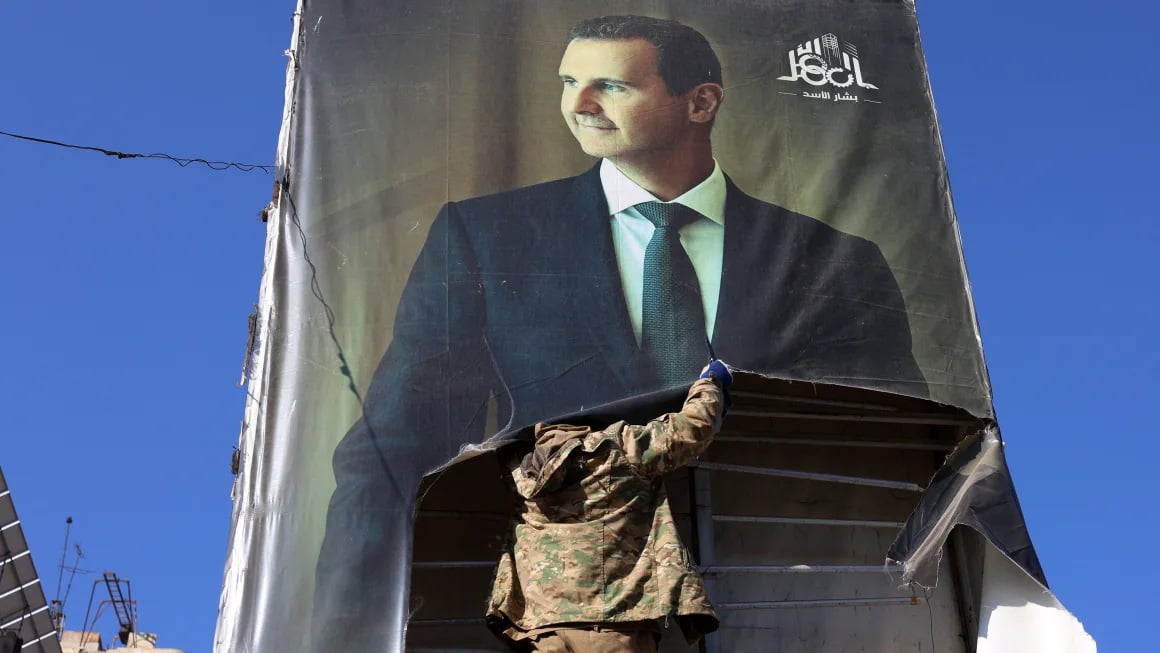
A rebel fighter in Syria tears down a portrait of Syrian President Bashar al-Assad, who fled the country. Photo: CNN
Faced with that situation, President Bashar al-Assad fled the country, officially ending the family rule that lasted more than 5 decades in Syria.
Assessing the shocking events in Syria, analyst Aron Lund of the Century International political research foundation said that the "key factor" in the rebels' success was "the weakness of the regime and the decline in international aid to Mr. Assad".
Government forces are no longer able to fight.
President Assad's army is little more than an empty shell in a war that has killed more than half a million people and devastated the country's economy, infrastructure and industry.
In the early years of the war, a combination of casualties, desertions and draft dodging cost the Syrian army about half of its 300,000 men.
According to AFP news agency, the Syrian army did not put up significant resistance in some areas after the rebels launched their offensive on November 27. Some sources on the ground said that the government army had to continuously withdraw from positions across the country.
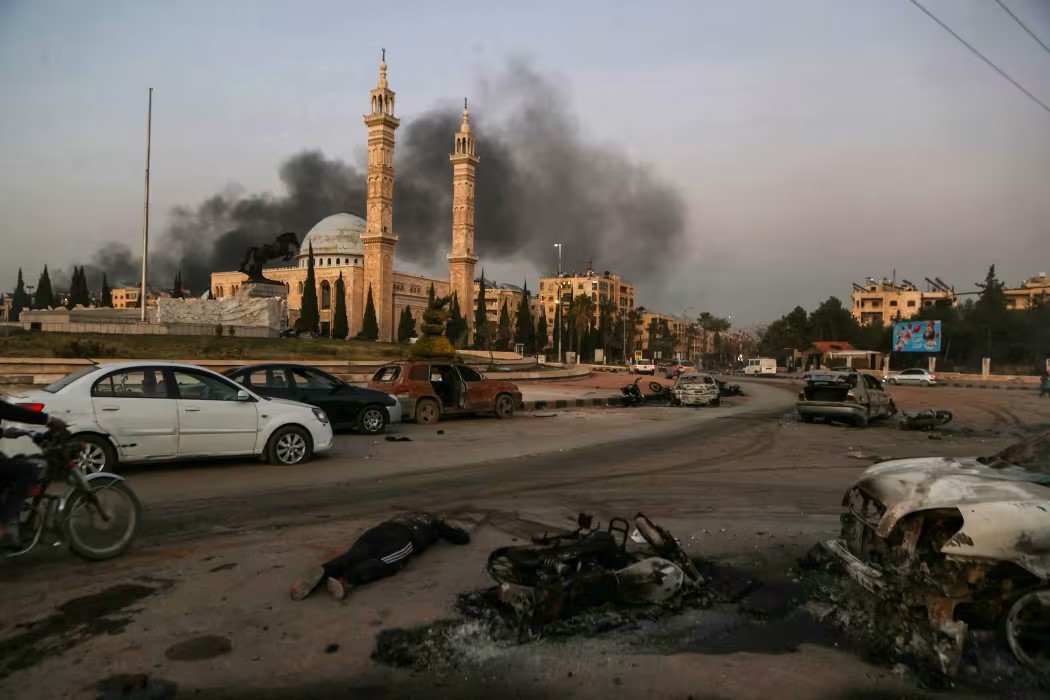
In strategic cities like Aleppo, the Syrian government army has rapidly disintegrated under the attack of the rebels. Photo: WSJ
“Since 2011, the Syrian army has faced a decline in manpower, equipment and morale,” said analyst David Rigoulet-Roze of the French Institute for International and Strategic Affairs (IRIS).
Some underpaid soldiers plundered resources to survive and many young men avoided military service, Mr Rigoulet-Roze told AFP.
On Wednesday (December 4), President Assad ordered a 50% increase in the salaries of professional soldiers, but with Syria's economy in recession, soldiers' salaries are almost worthless.
After years of sanctions and isolation, combined with the devastation of war, the Syrian economy has been so depleted that the people no longer support the government of President Assad. And in that general picture, it is not surprising that the Syrian army and police have collapsed in the face of the rebels' attack.
Loss of Allied Support
President Assad relies heavily on military, political and diplomatic support from key allies Russia and Iran.
With their help, he regained lost territory after the conflict broke out in 2011 with the suppression of anti-government protests, and Russia's air intervention in 2015 turned the tide of the war in favor of President Assad's government.
But at present, Russia is concentrating its efforts on the Ukrainian battlefield and cannot support President Assad's government enough to repel the rebel attack.
Another key ally of President Assad, Iran, has long provided military advisers to Syria’s armed forces and supported pro-government militias on the ground. But Iran and its proxies in the Middle East have suffered setbacks in their battles with Israel since the Gaza war broke out last October.
Nick Heras, an analyst at the Washington-based New Lines Institute, told AFP before the rebels took over Damascus that "ultimately, the survival of the Assad regime will depend on how useful Iran and Russia see Assad to their strategies in the region."
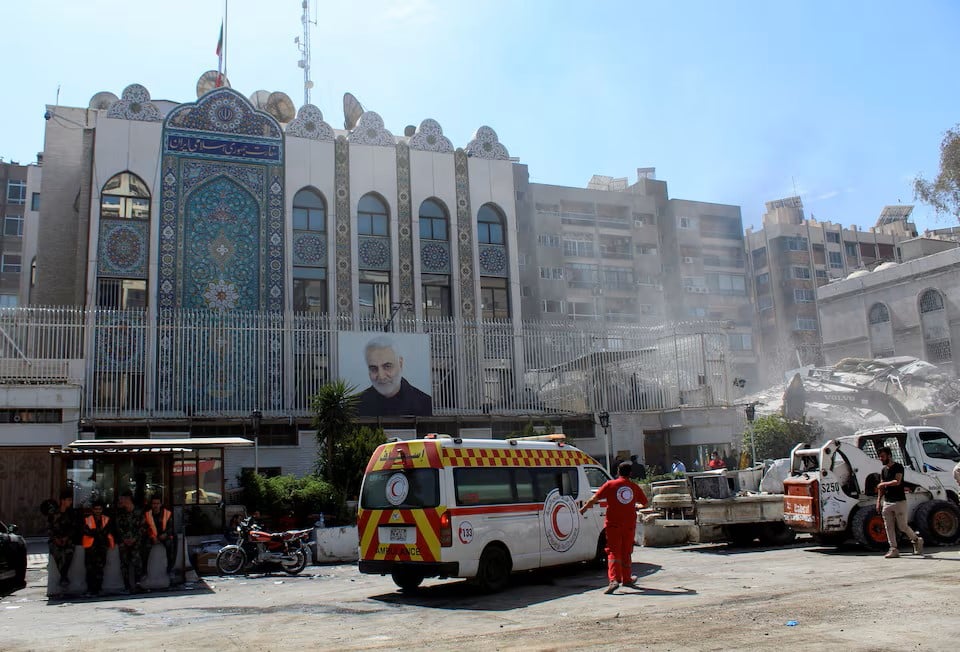
The Iranian embassy in the Syrian capital Damascus. Iran evacuated officials and military advisers from Syria before rebels entered Damascus. Photo: Reuters
“If either or both of those allies decide they can advance their interests without Mr Assad, then his days in power will be numbered,” added analyst Nick Heras.
Hezbollah weakened
Lebanon's Hezbollah militant group has openly supported Damascus on the ground since 2013, sending thousands of fighters across the border to bolster Syrian government troops.
But the rebels launched the attack last month, the day a ceasefire came into effect between Israel and Hezbollah, after more than a year of fighting in Lebanon.
Hezbollah has moved many of its fighters from Syria to southern Lebanon to confront Israel, thereby also depriving the Assad regime of a huge source of support on the ground.
The fighting with Israel also weakened Hezbollah's leadership, with the group's longtime leader Hassan Nasrallah, his presumed successor, and a host of other senior commanders killed in enemy air strikes.
A source close to Hezbollah told AFP that hundreds of its fighters had also been killed in recent clashes with Israel. That situation forced Hezbollah to withdraw its forces from the suburbs of the capital Damascus and the Homs area, thereby contributing to the rebels' easy advance to capture these cities.
Commenting on the connection between Hezbollah's weakening and developments in Syria, Israeli Prime Minister Benjamin Netanyahu said the Syrian opposition's overthrow of President Assad was "a direct consequence of the blows we (Israel) inflicted on Iran and Hezbollah, Assad's main backers."
There are still too many question marks ahead.
The fall of President Bashar al-Assad’s regime would also plunge Syria into deep instability, many analysts say, as fundamental questions about the country’s government, security and economy remain unanswered. And predicting what will happen next is made more difficult by the sudden collapse of a government that has controlled the country for decades.
“It’s hard to make progress and a smooth transition in a rapidly evolving situation,” said Sanam Vakil, director of the Middle East and North Africa program at Chatham House, a London-based think tank. “The pace and uncertainty pose a lot of risks for what happens next in Syria.”
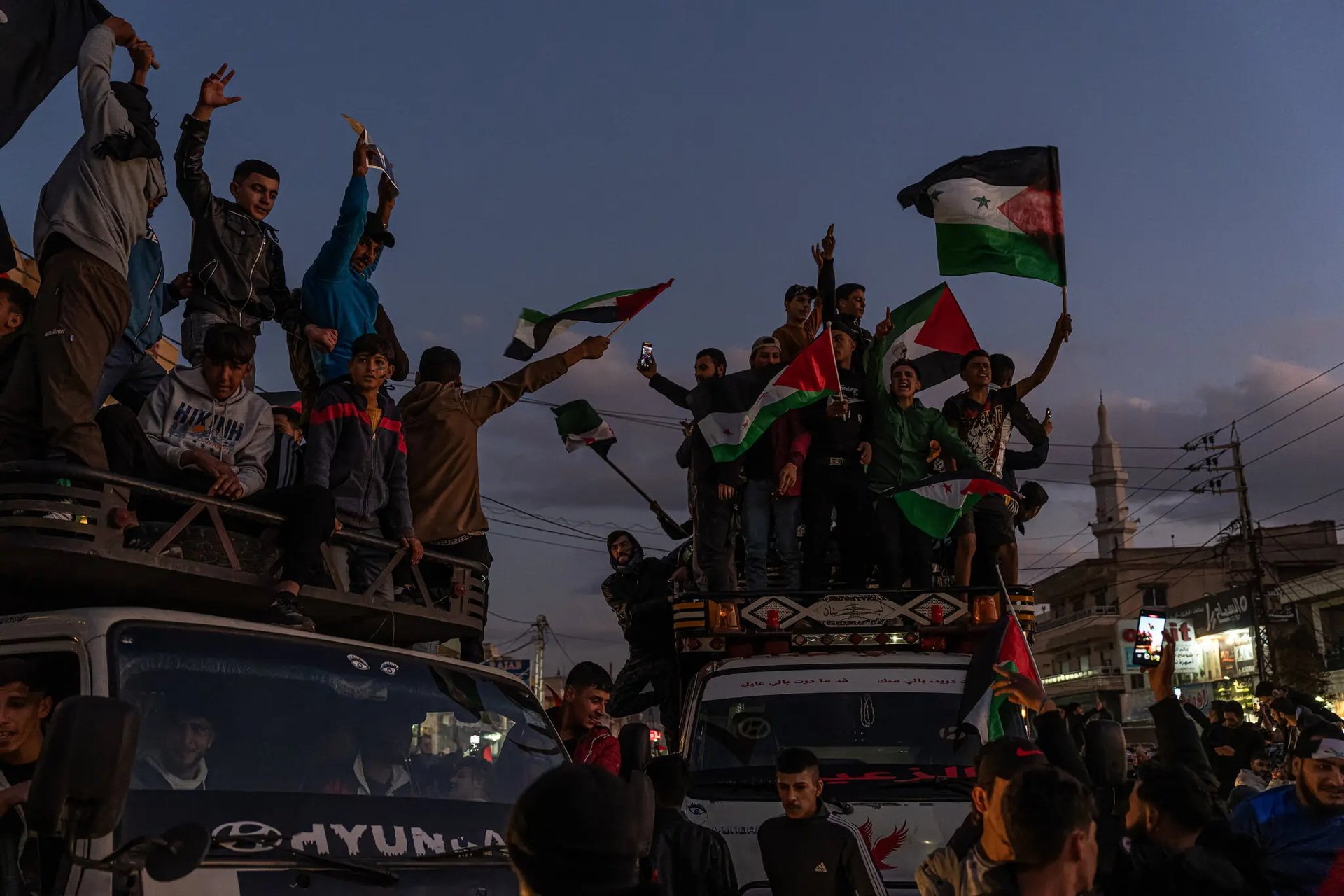
Syrians celebrate the fall of President Assad's regime. But what the future holds, they still don't know. Photo: New York Times
Perhaps the most pressing question is how quickly the rebel groups can defend the capital and prevent a chaotic fall from power, and what their plans are once they have achieved their goal of ousting Mr Assad.
It is also unclear how far and how quickly the rebel coalition can extend its control across the entire country, a key element in restoring stability, or whether they will remain united after the overthrow of the Syrian leader.
In addition, how will the new administration balance the competing interests of other forces holding territory in Syria, and whether it can manage the transition — or whether it can ensure civil services, a basic but necessary task for any functioning state?
Nguyen Khanh
Source: https://www.congluan.vn/nguyen-nhan-khien-chinh-quyen-tong-thong-assad-o-syria-sup-do-chong-vanh-post324754.html


![[Photo] General Secretary To Lam begins official visit to Russia and attends the 80th Anniversary of Victory over Fascism](https://vphoto.vietnam.vn/thumb/1200x675/vietnam/resource/IMAGE/2025/5/8/5d2566d7f67d4a1e9b88bc677831ec9d)

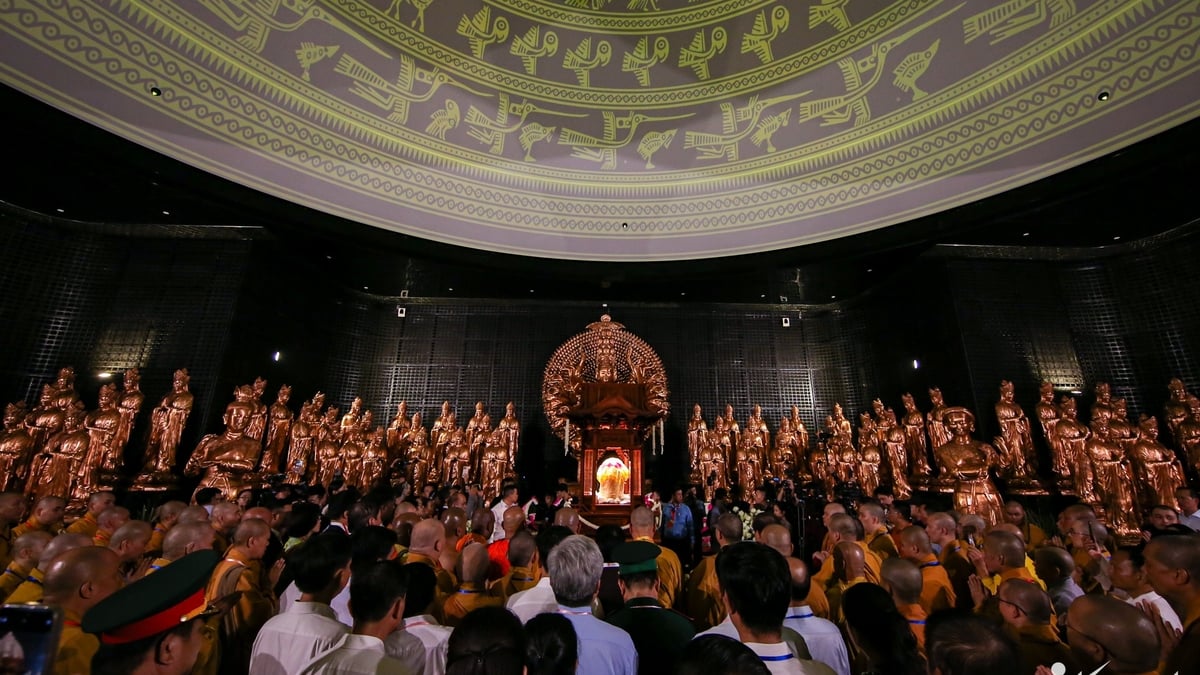
![[Photo] Prime Minister Pham Minh Chinh meets with the Policy Advisory Council on Private Economic Development](https://vphoto.vietnam.vn/thumb/1200x675/vietnam/resource/IMAGE/2025/5/8/387da60b85cc489ab2aed8442fc3b14a)
![[Photo] President Luong Cuong presents the decision to appoint Deputy Head of the Office of the President](https://vphoto.vietnam.vn/thumb/1200x675/vietnam/resource/IMAGE/2025/5/8/501f8ee192f3476ab9f7579c57b423ad)
![[Photo] National Assembly Chairman Tran Thanh Man chairs the meeting of the Subcommittee on Documents of the First National Assembly Party Congress](https://vphoto.vietnam.vn/thumb/1200x675/vietnam/resource/IMAGE/2025/5/8/72b19a73d94a4affab411fd8c87f4f8d)


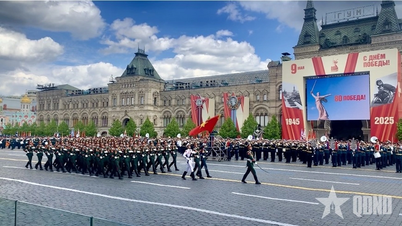



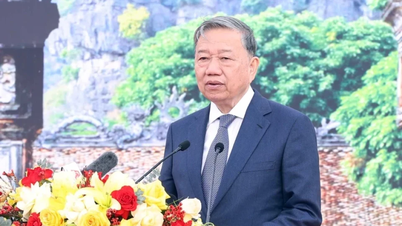

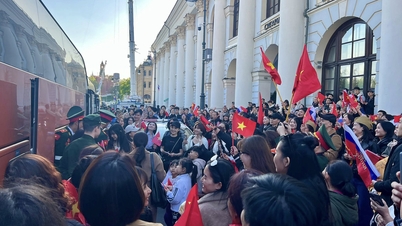

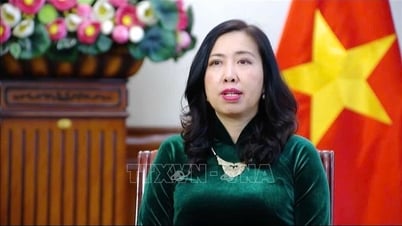






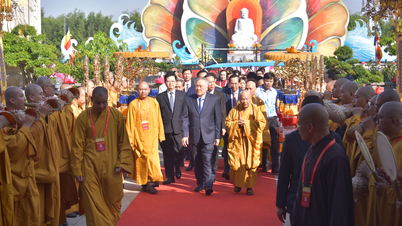





































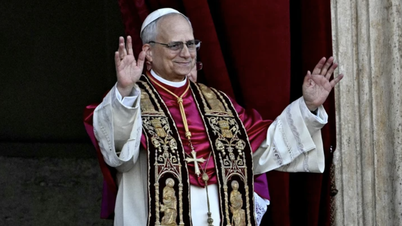

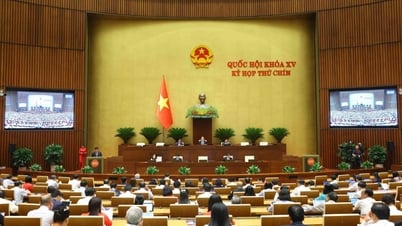

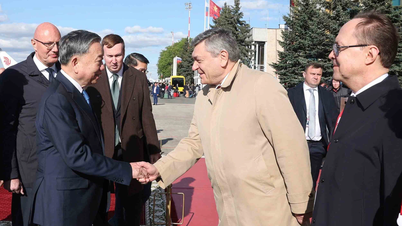












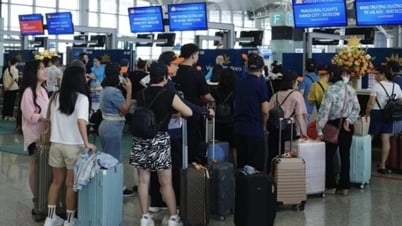

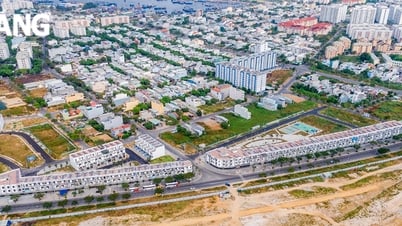

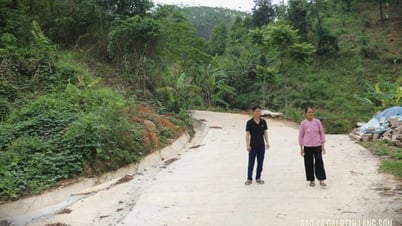




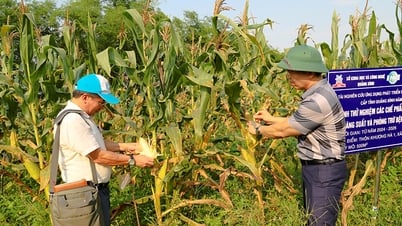













Comment (0)